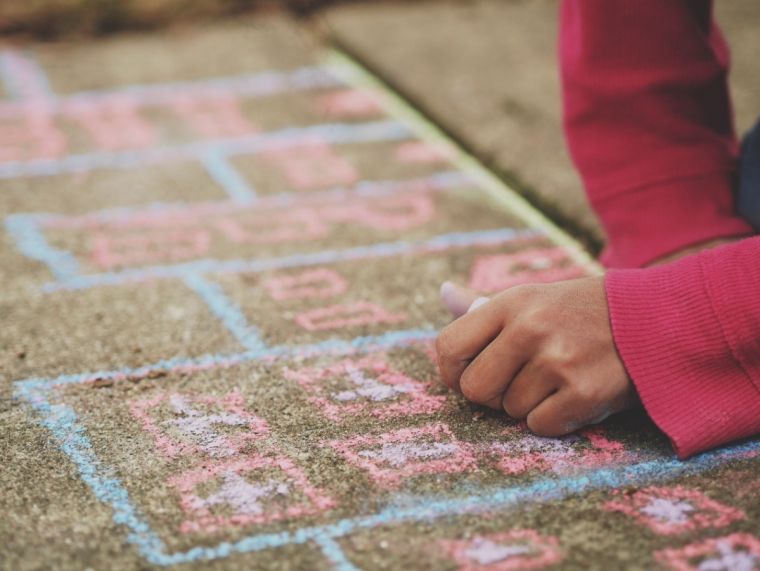A fifth of young people unhappy with their lives - report

Nearly one in five young people aged 10 to 17 are unhappy with their lives after months of coronavirus, a new study by The Children's Society has found.
The charity surveyed just over 2,000 young people and their parents in the UK between April and June, and found that 18% are dissatisfied with their lives overall, far higher than the 10% to 13% in the last five years preceding the pandemic.
Half of the parents surveyed said they expect the pandemic to harm their children's happiness over the coming year.
Asked what they struggled to cope with the most during the pandemic, over a third of young people (37%) said it was not being able to see their friends, while 30% said they missed seeing other family members.
Asked in general what they were unhappy with, most children said it was the amount of "choice" they have.
Many parents were worried about finances, with around half (49%) saying that household income had fallen during the pandemic. Around one in ten parents (11%) said an adult in the household had lost their job.
Children in poverty were more likely to say they were "very concerned" about coronavirus than those from better off families (23% vs 15%).
But overall, nine in 10 out of all the young people surveyed (89%) said they were worried to some extent about coronavirus.
In response to the findings, The Children's Society is calling on the Government to invest in mental health services, and to review schooling with a focus on student wellbeing.
It also wants to see more financial support for low-income families by scrapping the benefit cap and two-child limit.
Mark Russell, Chief Executive at The Children's Society, said: "Children's lives have been turned upside down by the coronavirus crisis and these worrying findings suggest it has already harmed the happiness and well-being of many young people.
"They have been left unable to attend school or see friends and relatives, while at the same time being trapped at home with parents and siblings who may have their own worries and anxieties about the situation.
"Even before the pandemic, children's happiness with life was at its lowest for a decade and we know there is a link between low well-being and mental health conditions like anxiety and depression.
"Urgent action is needed now as we recover from coronavirus to reset how we support children's well-being and prevent this crisis harming a whole generation of young people.
"That must mean introducing measurement of children's well-being, support as they return to school, a properly funded early intervention strategy and better financial support for low-income families."











